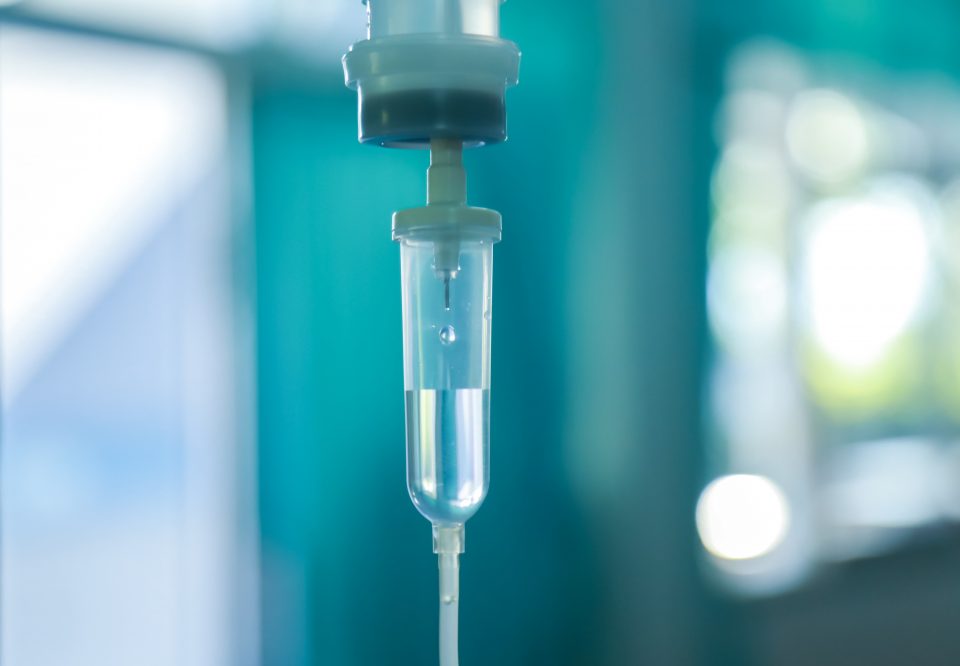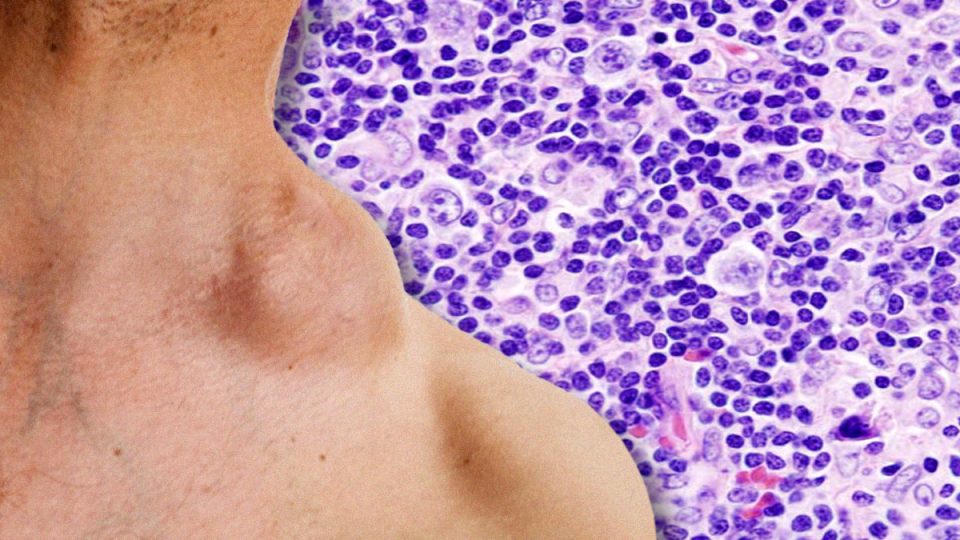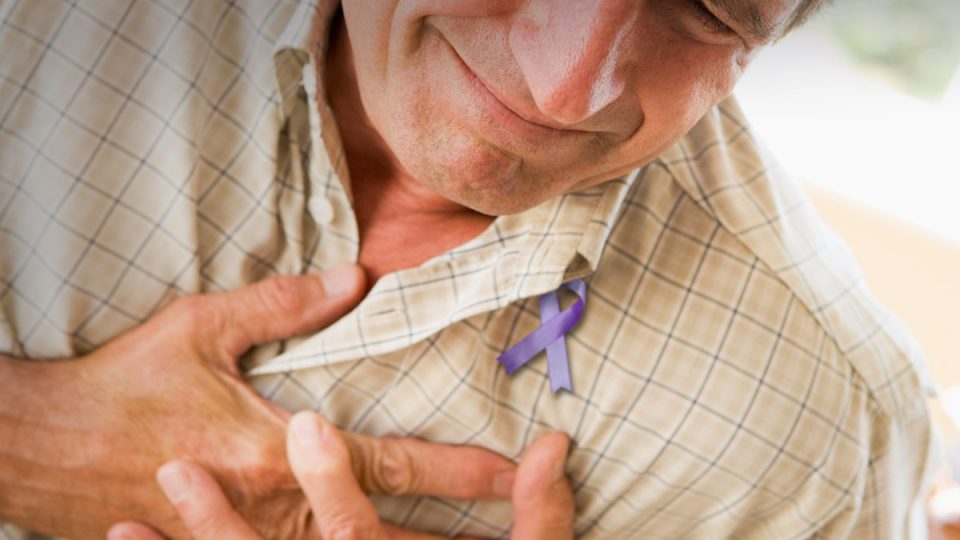- Have any questions? Contact us!
- info@dr-rath-foundation.org
December 17, 2021
Published by Paul Anthony Taylor at December 17, 2021
Categories
A new review published in the Journal of Experimental & Clinical Cancer Research describes how mounting evidence confirms that vitamin C has the potential to be a potent anti-cancer agent when administered intravenously in high doses. Authored by researchers from the Department of Medical Oncology at the University Medical Center in Amsterdam, the Netherlands, the paper notes that clinical trials have confirmed the safety and indicated the efficacy of intravenous vitamin C (IVC) in eradicating tumor cells of various types. Stating that the implementation of high-dose vitamin C may be a breakthrough in the treatment of cancer patients with poor prognosis and few available treatment options, the researchers conclude that further clinical examination of this promising and non-toxic treatment modality is not only warranted, but also highly needed.
January 29, 2021
Published by Paul Anthony Taylor at January 29, 2021
Categories
December 1, 2020
Published by Dr. Rath Health Foundation at December 1, 2020
Categories
Chemotherapy drugs are considered standard cancer treatment. Yet, despite their being used for more than seven decades, cancer remains the second leading cause of death. It […]
May 15, 2020
Published by Paul Anthony Taylor at May 15, 2020
Categories
A new study published in the journal Nature Communications suggests that adding high-dose vitamin C to a diet that mimics fasting is effective in treating aggressive […]
February 13, 2020
Published by Dr. Rath Health Foundation at February 13, 2020
Categories
Despite advances in understanding the development of cancer and how it spreads, the conventional method of treating the disease has not changed much. For the past […]
December 19, 2019
Published by Paul Anthony Taylor at December 19, 2019
Categories
A new study published in the Journal of Clinical Oncology has found that vitamin D deficiency is linked to poor outcomes in patients with Hodgkin’s lymphoma, […]
November 28, 2019
Published by Paul Anthony Taylor at November 28, 2019
Categories
A new study has found that cancer patients have a significantly higher risk than the general population of dying from heart disease and stroke. Published in […]
October 4, 2019
Published by Paul Anthony Taylor at October 4, 2019
Categories
An analysis of 32 cancer drugs approved by the European Medicines Agency between 2014 and 2016 has found that only 9 of them were supported by […]










